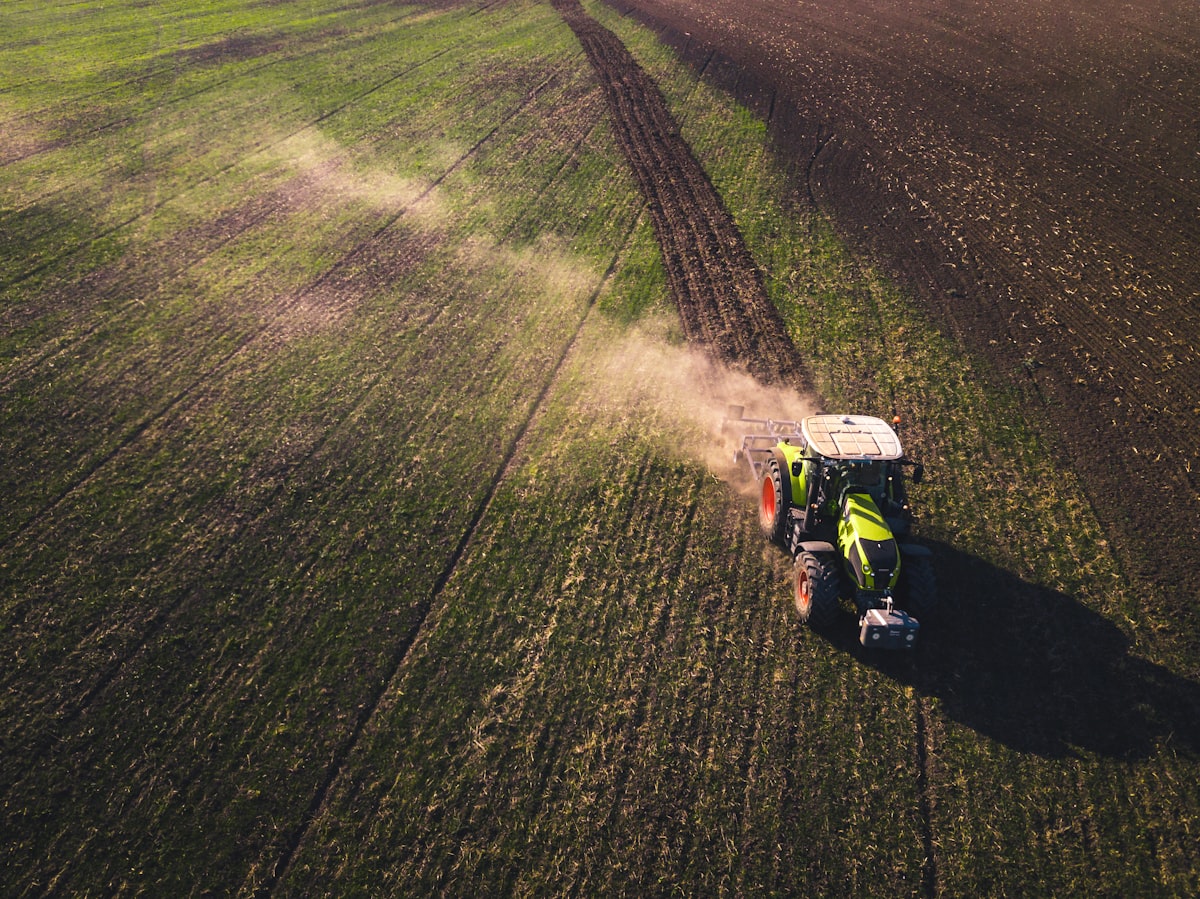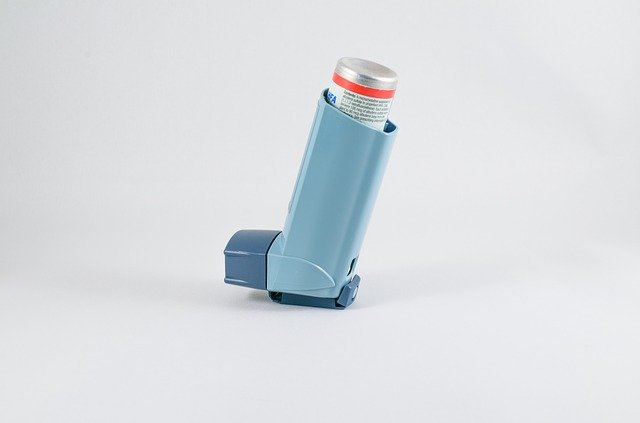Canadian agricultural authorities are on high alert after the avian flu, specifically the H5N1 virus, was detected in dairy cattle across eight U.S. states, marking the first instance of such infections in bovines. The U.S. Centers for Disease Control and Prevention confirmed these cases and highlighted a rare occurrence of possible mammal-to-human transmission involving a dairy worker in Texas.
The Canadian Food Inspection Agency assured that no such cases have been reported in Canada. However, vigilance remains high as the virus has previously been identified in various birds and mammals domestically, though not yet in humans within the country.
Martin Appelt, CIFA’s senior director, suggested the virus likely spread to U.S. cattle through contact with infected birds. Despite recent findings, Dr. Appelt emphasized that the situation does not warrant panic, noting that the infection rate in affected herds stands at about 10%, with most animals recovering well with supportive care.
The virus’s presence in U.S. cattle led to restrictions on cattle imports in seventeen states, according to the American Veterinary Medical Association, underscoring the seriousness of the outbreaks.
Dr. Appelt reassured Canadian consumers about the safety of dairy products, confirming that pasteurization effectively neutralizes the virus in milk. The Dairy Farmers of Canada echoed this sentiment, highlighting that Canadian dairy operations follow stringent biosecurity protocols and only milk from healthy cows is processed for consumption.
Local farmer Wietze Dykstra from Woodstock, N.B., expressed concerns over animal welfare and potential economic impacts, relying heavily on veterinary support to manage the health of his herd.
In response to potential outbreaks, the CFIA under Canada’s Health of Animals Act, can mandate the destruction of affected animals, with financial support available through programs like AgriStability for impacted farmers.
Provincial agricultural ministries in Ontario and Alberta are closely coordinating with the CIFA to ensure rapid response and comprehensive monitoring. They are engaging with the veterinary community to ensure prompt testing and diagnostics for suspected cases.
Ontario veterinarian Jeff Wilson advocates for an improved response strategy, suggesting a unified approach involving all relevant stakeholders to streamline data collection and communication. His experience with avian diseases underscores the need for coordinated efforts to manage such outbreaks effectively.










Leave a comment